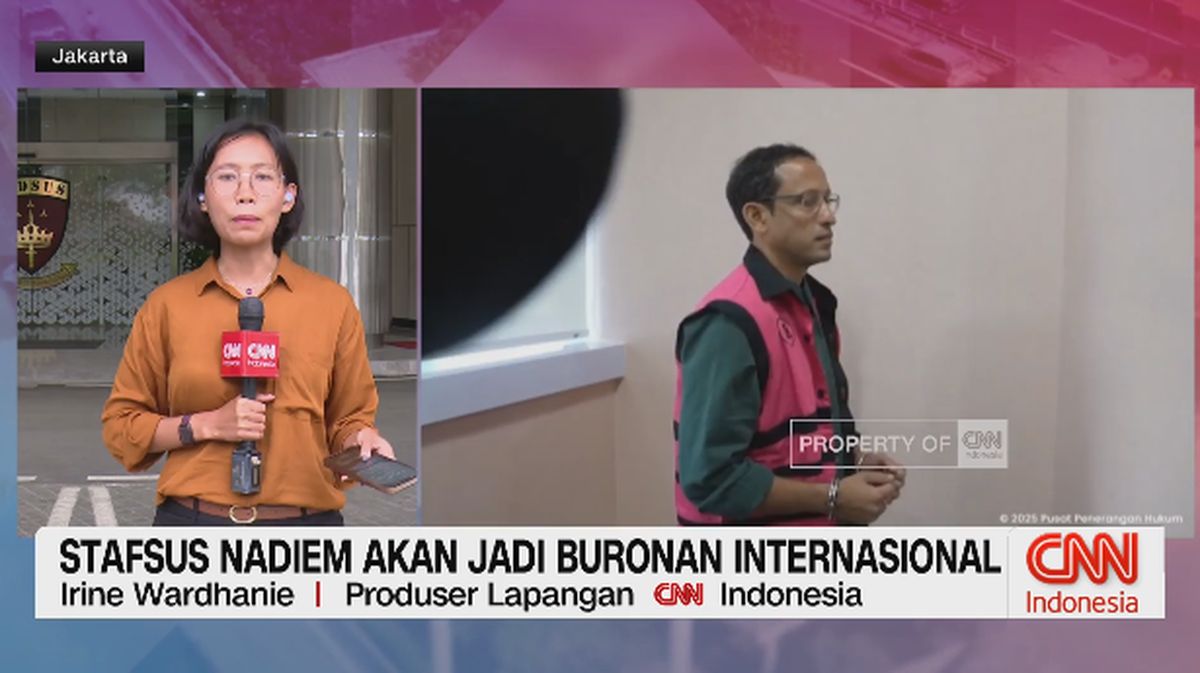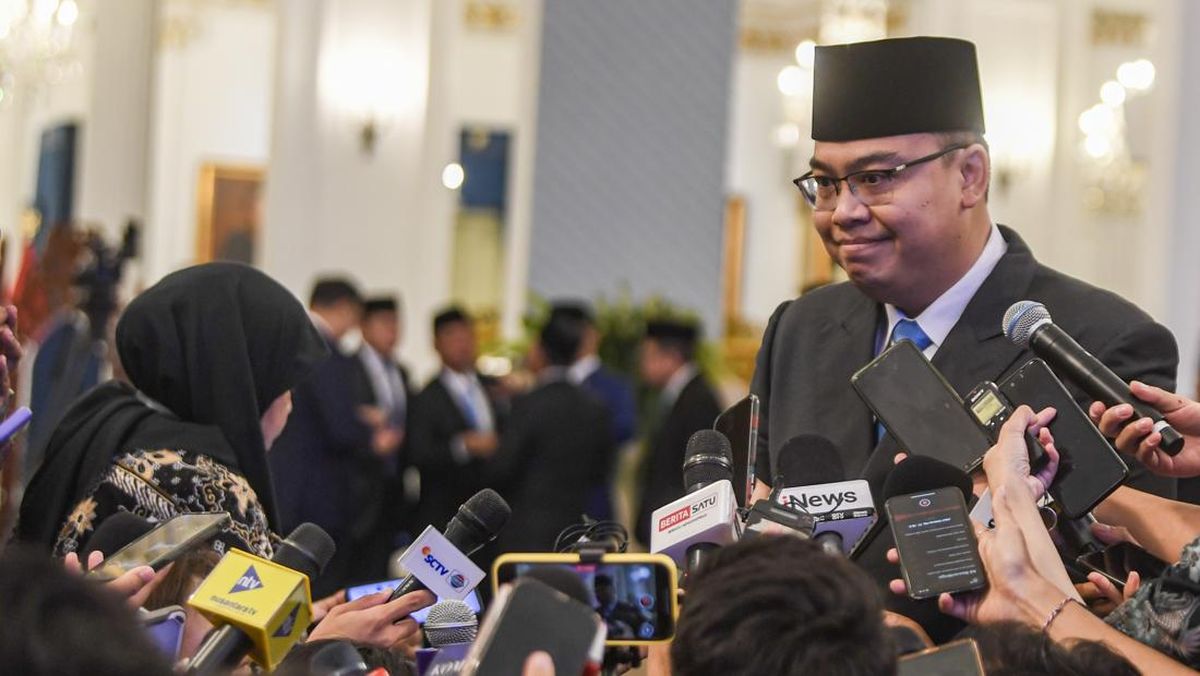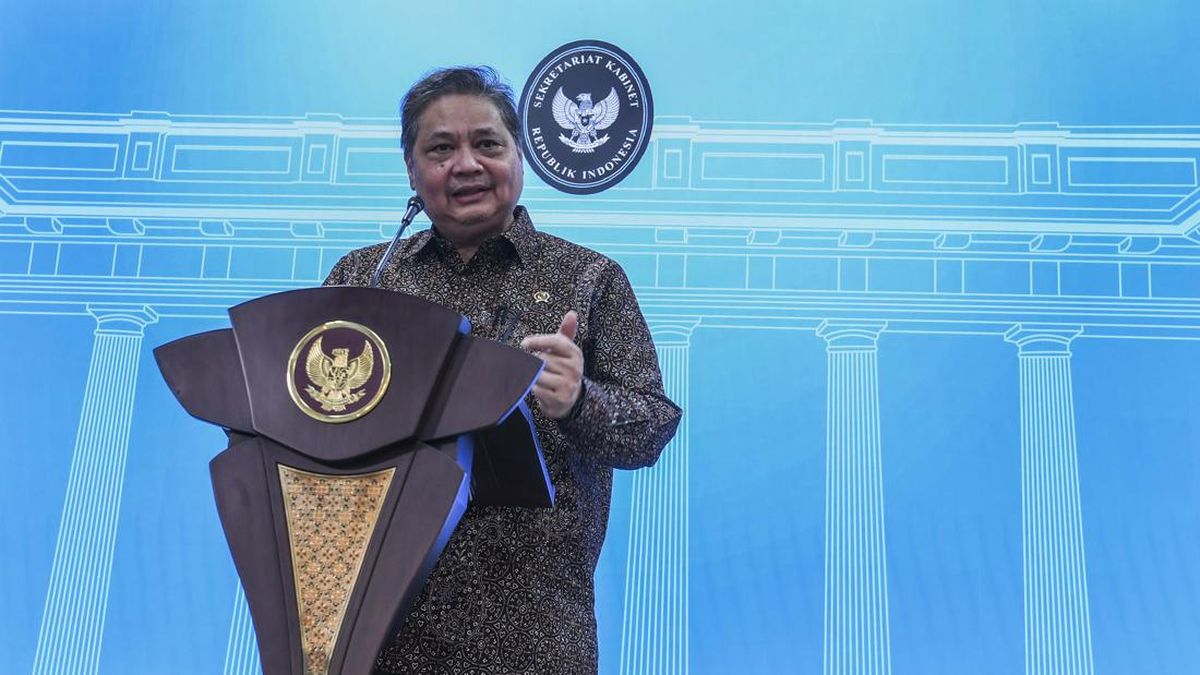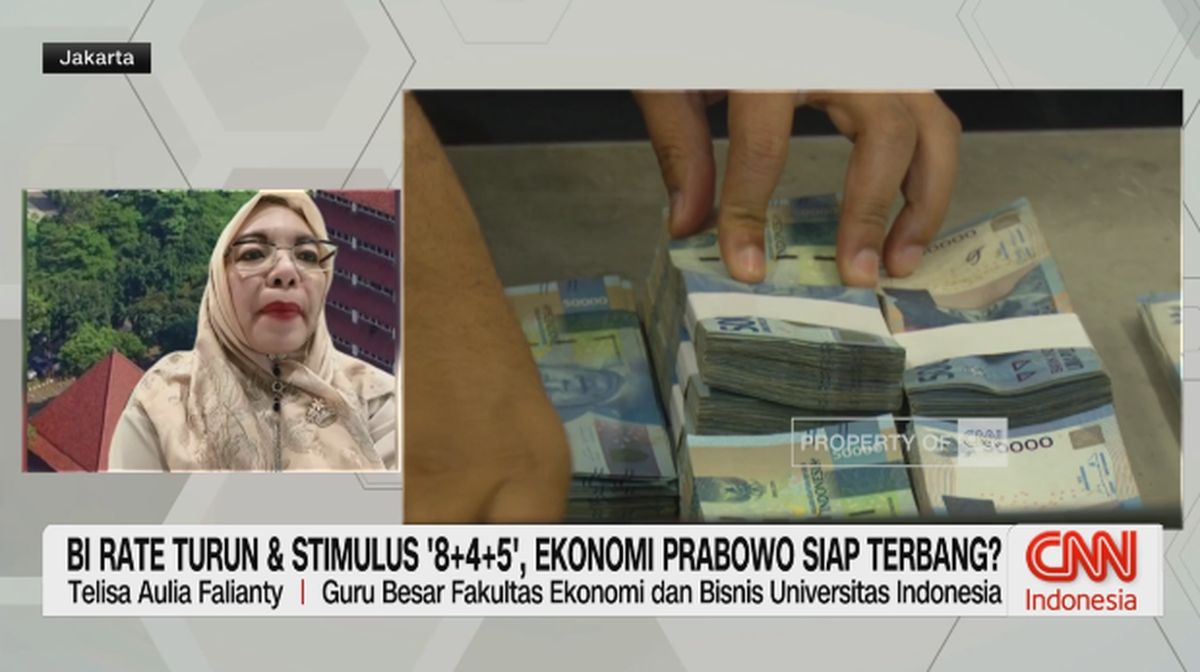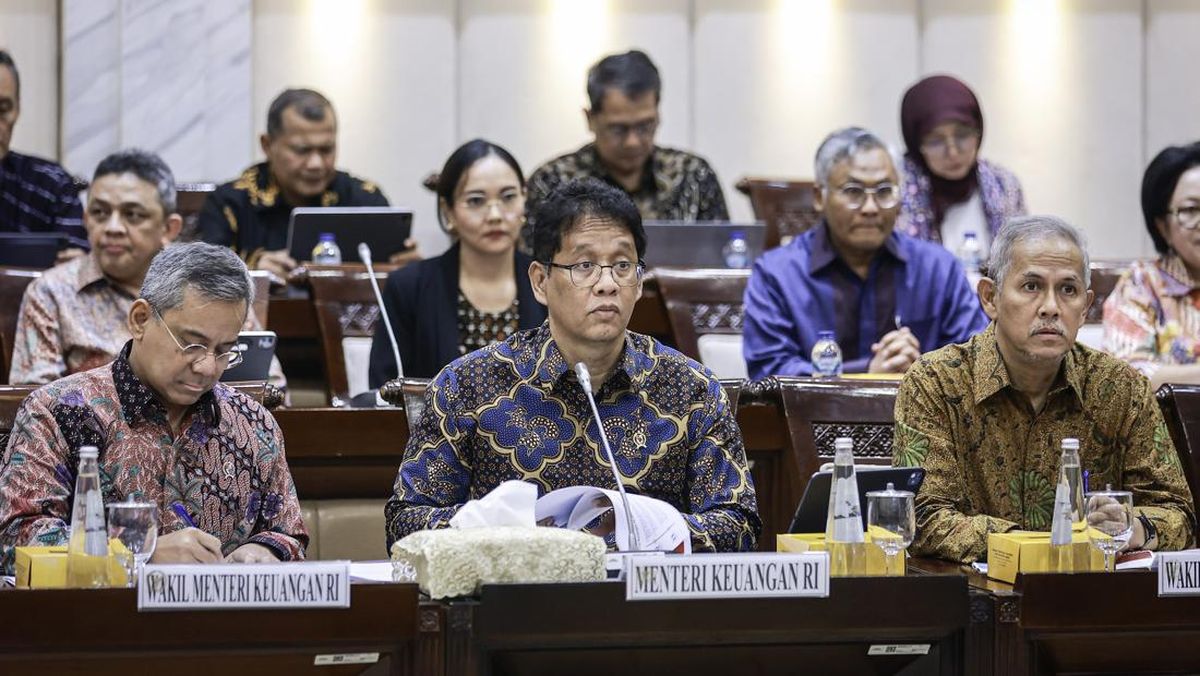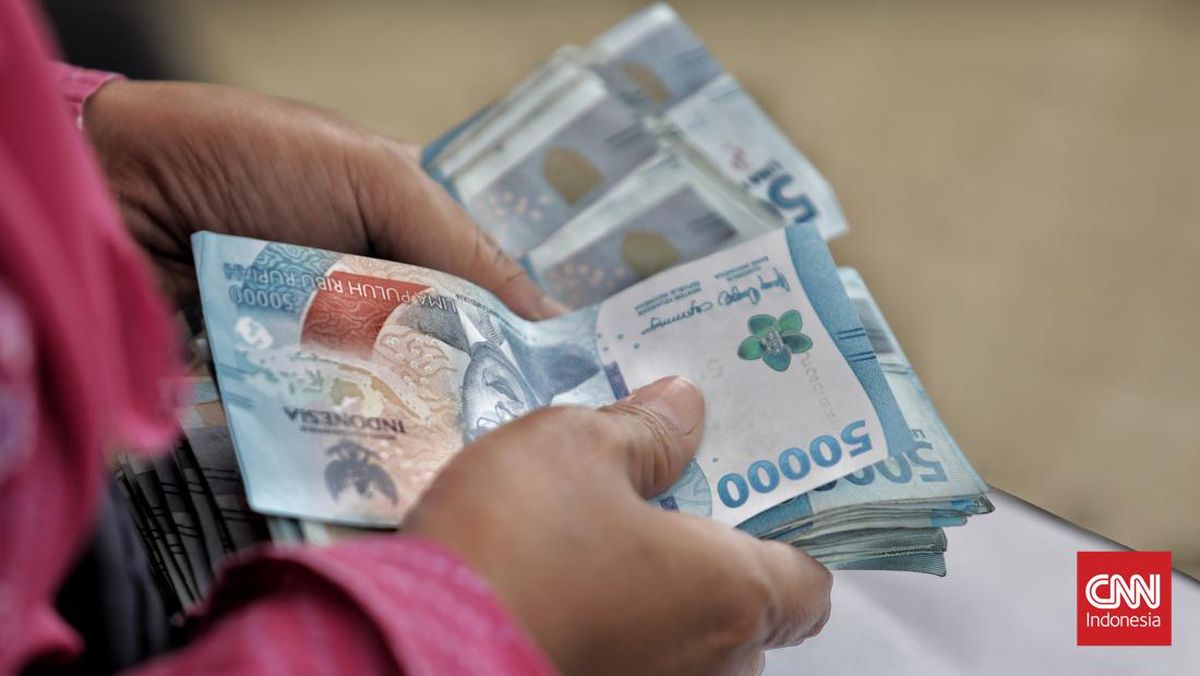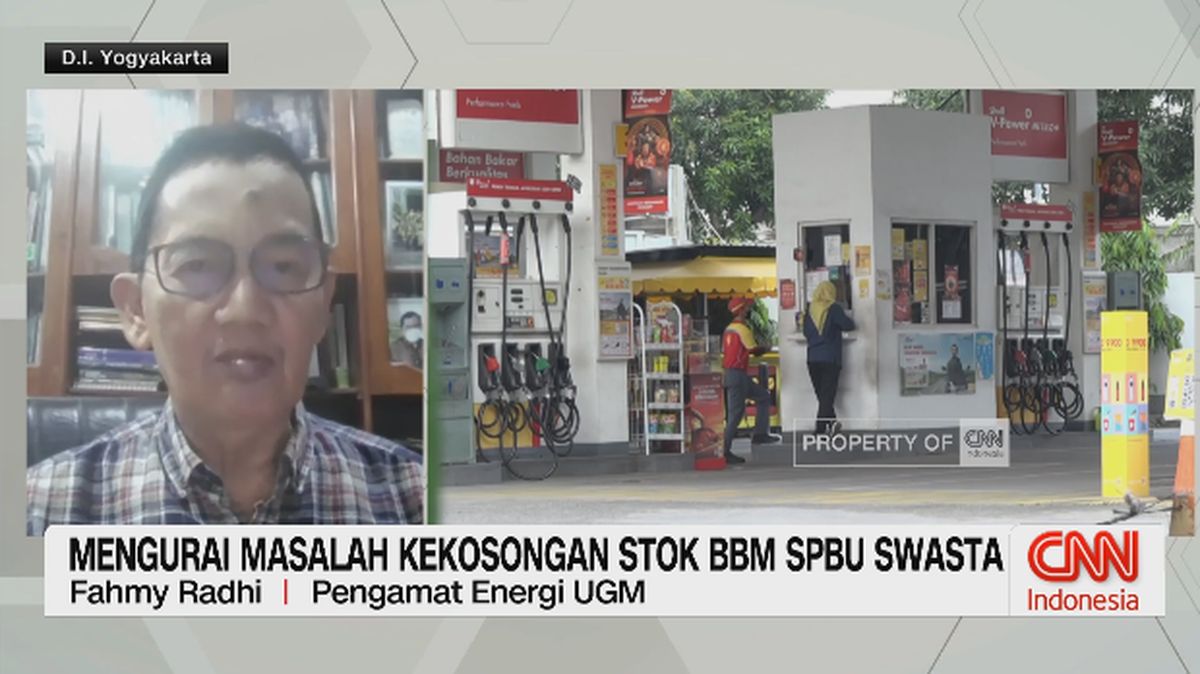Labor’s ‘totally bonkers’ deportation deal will give Nauru $2.5 billion in 30 years
Australia will pour $2.5 billion into Nauru over the next 30 years if the Pacific island nation takes in hundreds of foreign-born criminals the federal government wants to deport, Home Affairs officials revealed to a parliamentary inquiry on Wednesday.
This will start with a $20 million payment the Albanese government is set to give Nauru whenever the first deportee touches down on the tiny island nation, which could be within weeks.

The island of Nauru, in Micronesia.Credit: iStock
This will be followed by a further $388 million deposit into a trust fund for Nauru, which will be jointly managed by both governments. Those upfront costs will reach $408 million, as was revealed by this masthead last week.
But the eventual costs of the deal are likely to reach $2.5 billion. Home Affairs officials said the Australian government would make annual payments of about $70 million – split between the trust and direct transfers – for the 30-year life of the agreement. Nauru will collect all interest generated by the trust, with the principle paid out in 2055.
The payment comes on top of a $100 million treaty signed between the two countries last year, and is separate to funding Australia gives Nauru to run its offshore detention regime. According to Amnesty International, there were about 100 people in the Nauru detention centre at the start of this year.
Loading
Home Affairs spokespeople cautioned that their calculations were speculative as they revealed the details in a rapid late-night Senate inquiry called to probe the Albanese government’s latest laws, which attempt to resolve the political headache triggered by the consequences of the High Court’s 2023 ruling on foreign-born criminals in immigration detention.
The deal with the island nation is designed to cover 354 convicted foreign-born criminals – including murderers and paedophiles – who have been released into the Australian community after the High Court ruled they could not be kept in immigration detention indefinitely.
Home Affairs Minister Tony Burke secretly flew to Nauru last Friday to sign a memorandum of understanding with Nauru President David Adeang, but the document has not been made public.
Home Affairs officials suggested the group would not be deported to the island of 12,000 people en masse. “It’s important, for this arrangement to succeed, that people are moved over there in a planned and steady way,” said Clare Sharp, the department’s head of immigration.
“We put forward a visa application, and Nauru, as a sovereign state, considers whether to offer that person a visa or not.
“The purpose is that people will move to Nauru, they will become long-term residents and part of their community. We want that to succeed in a way that’s sustainable for Nauru, which doesn’t mean moving a really large number of people in one hit.”
Sharp expected the program to start “in the coming weeks” but did not provide specifics.
“There’s no deadline on us to apply for the visas … But it’s in both nations’ interests to move through this as efficiently as we can. It’s in Nauru’s interests because money doesn’t flow until people arrive.”
Australia will pay $1000 for each visa, which will be issued for 30 years.
According to Home Affairs officials, the memorandum has a “claw-back” feature which allows the Australian government to reclaim the principle of the trust if the deal falls through.
Legal advocates have raised concern that new laws introduced last week to strip basic legal rights from the NZYQ cohort could be applied to a wider group of migrants without long-term visas whom Australia wants removed. Home Affairs officials could not say how many people the laws might cover but took questions on notice.
Sharp said a non-citizen’s bridging visa would automatically cease once Nauru accepted their transfer. At that point, they were “now removable, they become an unlawful non-citizen and can be taken into immigration detention and placed on a removal pathway”.
Loading
Those sent to Nauru would have no right of return to Australia and would only be able to travel if they were given a valid visa. Officials said it would be “very difficult to see” how those with criminal records would be granted a visa on character grounds unless normal processes were overridden by a future immigration minister.
Independent Senator David Pocock said that to the public, the deal “sounds totally bonkers, right. Like nuts. This is an extraordinary amount of money”.
Asked why the public had not been told before the new laws were introduced, Sharp said: “It wouldn’t have assisted, I don’t think, our legal position [in existing court cases] to have publicly consulted [civil society] prior to introducing the bill”.
Sharp said managing the cohort had been a “really difficult thing” for the department. “We have parameters that are pretty closely scrutinised by the court. Every set of rules we put in place are challenged in the courts.”
Most Viewed in Politics
Loading


